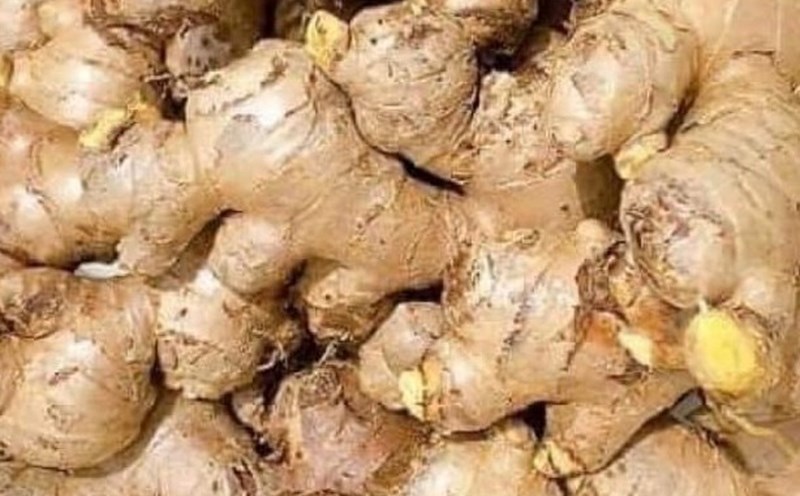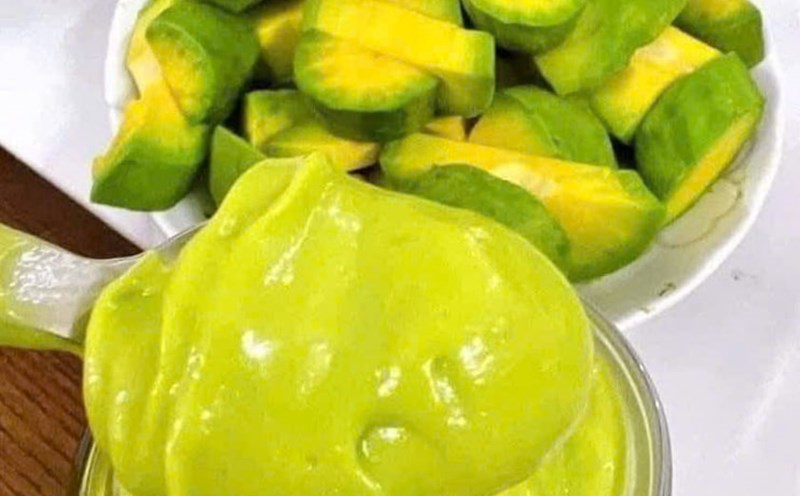However, many people still drink water emotionally, when thirsty, they drink it or drink too much for a short time, unintentionally increasing the burden on the kidneys.
A kidney expert at the University of Colorado (USA) shared on the National Kidney Foundation that the kidneys work as a sophisticated filter.
If you provide enough water, the blood will be filtered more smoothly, the risk of crystallization and kidney stones is significantly reduced. But the important thing is to drink at the right time and in the right amount.
Drink enough, don't wait until you're thirsty
Many international studies show that the adult body needs an average of 1.5 - 2 liters of water per day, depending on weight and exercise level.
If you only drink when you feel thirsty, your body may be in a state of mild lack of water, causing urine to thicken, increasing the risk of mineral deposits in the kidneys.
Maintaining a urine intake of about 2 liters/day helps reduce the risk of kidney stones in people with a history of it by up to 50%.
Divide evenly throughout the day
The habit of drinking a lot of water at once, especially in the evening, can easily make the kidneys work too hard, and cause drowsiness, affecting sleep. Instead, you should divide the amount of water into small pieces and drink it evenly from morning to afternoon.
Immediately after waking up, a cup of warm water about 200ml helps compensate for the amount of water lost through breathing and supports the process of eliminating toxins accumulated overnight.
Listen to your body and adjust to activities
On hot days or when exercising a lot, the body loses water through sweat more, need to supplement. However, people with cardiovascular disease or early-stage kidney failure should talk to their doctor for instructions on the appropriate amount of water to avoid excess water that causes edema or high blood pressure.
Dr. Aisling McMahon - Research Director of Kidney Research UK emphasized: Drinking too little or too much is not good. The principle is to keep urine light, which is a sign that the kidneys are working effectively".
Choose a safe drink
Prioritize clean water, boiled water to cool or mineral water low in sodium. Limit carbonated, sugary or caffeinated drinks as they can increase calcium excretion and increase the burden on the kidneys.
For people at high risk, doctors often recommend limiting soft drinks and alcohol to protect long-term kidney function.











